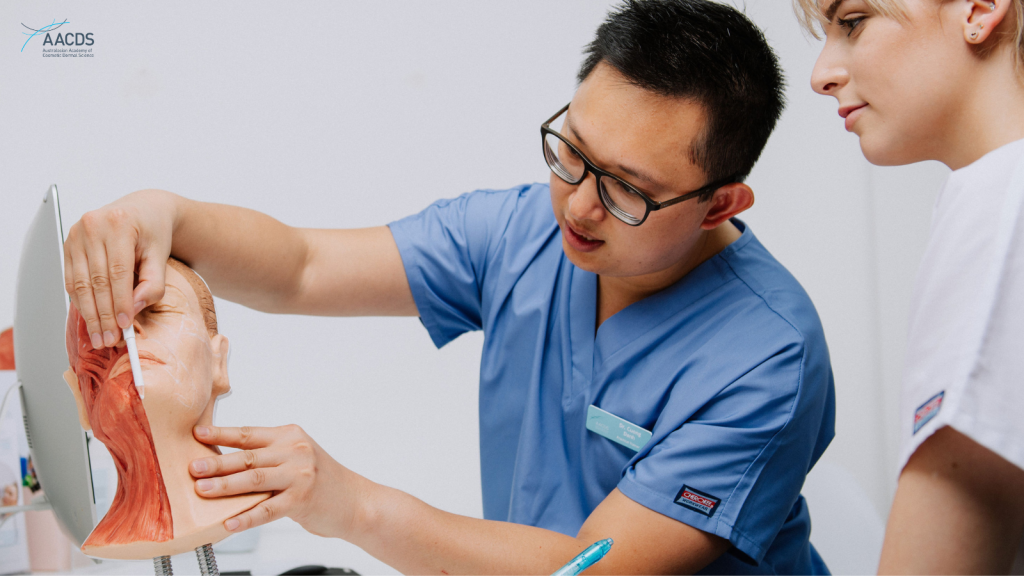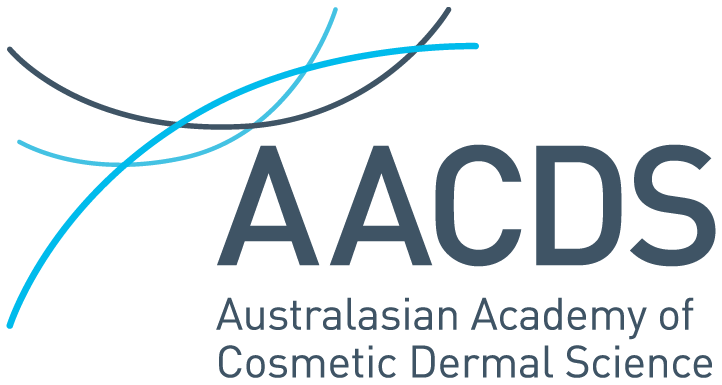Cosmetic injectables 101: What are they and how do they fit into cosmetic medicine?

Cosmetic injectables have become a widely discussed topic in modern aesthetic medicine. Once considered niche, they are now more visible in self-care conversations, offering a non-surgical option that may help refresh the appearance or support facial harmony.
However, injectables are just one part of a much broader cosmetic practice. A safe and rewarding career in this field relies on holistic patient care, advanced dermal therapies, strong consultation skills, and adherence to regulatory and ethical standards.
In this guide, we’ll break down what cosmetic injectables are, explain their place within aesthetic practice, and help you discover resources about pathways, qualifications, and career opportunities.
Cosmetic injectables are used by practitioners to smooth, remodel or to augment various facial areas, involving treatments such as wrinkle relaxers and dermal fillers, or a combination of both, to aesthetically enhance natural features and restore youth.
What are cosmetic injectables?
Cosmetic injectables are prescription-only, non-surgical treatments administered into the skin or underlying tissues. Depending on the product and the person’s unique skin characteristics, they may help soften the look of lines, support hydration, or assist in restoring facial volume.
Cosmetic injectables can include:
- Muscle-relaxing treatments, which may help reduce the appearance of expression lines
- Dermal fillers, designed to assist in restoring or enhancing facial volume
- Biostimulators, which may stimulate collagen production over time
- Biomodulators, which affect cellular response positively in order to improve skin quality
- Skin boosters, designed to help support hydration and skin texture
While cosmetic injectables may support aesthetic goals, it’s important to understand that outcomes can vary from person to person. Having the right training, supervision, and skills means you are better prepared to handle potential complications calmly and professionally. High-quality education may help practitioners deliver safe, ethical treatments while also responding effectively if a treatment does not go as planned.
Who can administer cosmetic injectables?
It is essential to remember that these substances require a prescription from an appropriately qualified health practitioner and must be administered under proper supervision, following state and territory legislation.
“Cosmetic injectables are a tool, but they are never a substitute for sound assessment and ethical practice,” explains Dr Keturah Hoffman, Head of Cosmetic Medicine at AACDS. “They belong within a holistic, evidence-based approach.”
Thinking beyond injectables
While cosmetic injectables get a lot of attention, contemporary cosmetic medicine extends far beyond them. Dermal therapies, skin science, lifestyle, and safe consultation practices all play important roles in helping patients pursue their aesthetic goals.
If you are considering a career in this area, it is important to build a broad skill set that includes:
- advanced knowledge of dermal therapies
- comprehensive consultation skills
- holistic, evidence-based patient assessment
- understanding of regulatory and insurance requirements
“Nurses should see cosmetic injectables as just one part of their toolkit,” Dr Hoffman adds. “Our graduates learn to think broadly, safely, and ethically.”
Why choose a career in cosmetic medicine?
Australia’s cosmetic medicine sector is projected to grow, with ongoing demand for well-trained, ethical practitioners. However, building a career involving injectables requires:
- A relevant nursing or medical degree
- Ahpra registration
- Accredited postgraduate education
- Supervised, competency-based practical training
Many nurses discover that injectables are one part of a broader, lifelong career pathway that may also include dermal therapy, skin health education, research, or training roles.
Curious about how to get started? These resources can help you plan your next steps:
- How to become a cosmetic nurse in Australia
- Why qualifications matter in cosmetic medicine
- Careers in cosmetic medicine: pathways and options
- 52919WA Graduate Diploma of Cosmetic Nursing and Injectables
Why study with AACDS?
AACDS was the first in Australia to offer nationally accredited qualifications in dermal therapy and cosmetic nursing. As a Registered Training Organisation (RTO), we are trusted by employers and professionals nationwide. If you’re interested in building a safe, ethical, and rewarding career in this growing field, focus on comprehensive, accredited education that prioritises client safety and evidence-based practice.
“Strong foundations and a broad skill set are what truly set practitioners apart,” says Dr Hoffman.
What sets our courses apart:
- Input from leading medical and aesthetic experts
- Flexible online study combined with hands-on clinical training
- Access to Aspire Training Clinics with a 2:1 student-to-trainer ratio
- Graduate support from experienced educators who work in the field
Explore our story to learn more about how we support students from enrolment to graduation.
Turning your passion into profession
Cosmetic medicine offers an exciting pathway for those looking to combine healthcare knowledge with personalised aesthetic care. Whether you're planning to study or simply exploring your options, understanding the foundations of this field is the first step.
Ready to learn more? Download the Course Prospectus or speak to a Course Consultant to find the right pathway for your goals.

